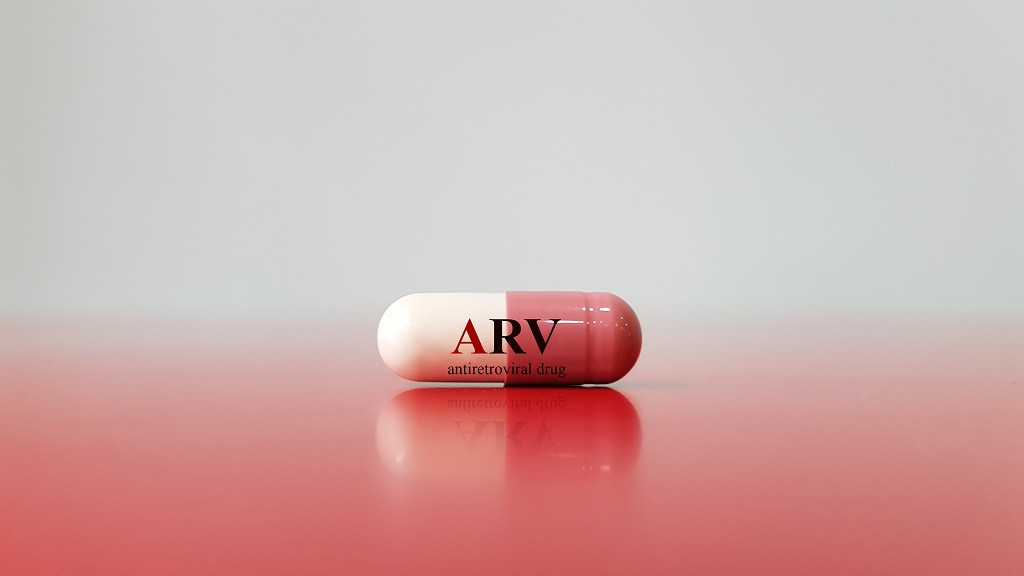Popular Reads
Top Results
Can't find what you're looking for?
View all search resultsPopular Reads
Top Results
Can't find what you're looking for?
View all search resultsGilead, Merck team up to develop long-acting HIV drug
Change text size
Gift Premium Articles
to Anyone
A
merican pharmaceutical companies Gilead and Merck announced Monday they have partnered to develop a new HIV therapy that could see daily medications replaced by a treatment that can be taken at longer intervals.
The companies aim to combine two of their existing medications to "provide new, meaningful treatment options for people living with HIV," the virus that causes AIDS, the companies said in a statement.
"While daily, single tablet regimens are available for people living with HIV, options that would allow for less frequent, oral dosing or infrequent injections rather than daily dosing have the potential to address preference considerations, as well as issues associated with adherence and privacy," the companies said.
The first clinical trials of the oral version of the new treatment are expected to begin in the second half of the year.
Merck, known as MSD outside the US and Canada, has developed islatravir, which is taken once a month and currently being evaluated as a treatment for HIV infections in combination with other once-daily antiretroviral drugs.
Islatravir also is being evaluated as a preventative for HIV infections if taken on a monthly basis.
Gilead is working on Lenacapavir, which is the subject of several clinical trials, one of which offers it as a subcutaneous injection given every six months for the treatment and prevention of HIV.
Under the terms of the agreement, Gilead will pay 60 percent of the development and commercialization costs, and the two companies initially will share revenues equally from the new therapy, if approved by regulators.
If sales exceed $2 billion a year for an oral treatment or $3.5 billion for an injectable, Gilead will take 65 percent of revenues above that threshold.
About 38 million people were living with HIV worldwide as of the end of 2019, according to the World Health Organization.











